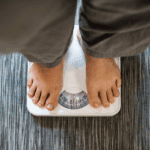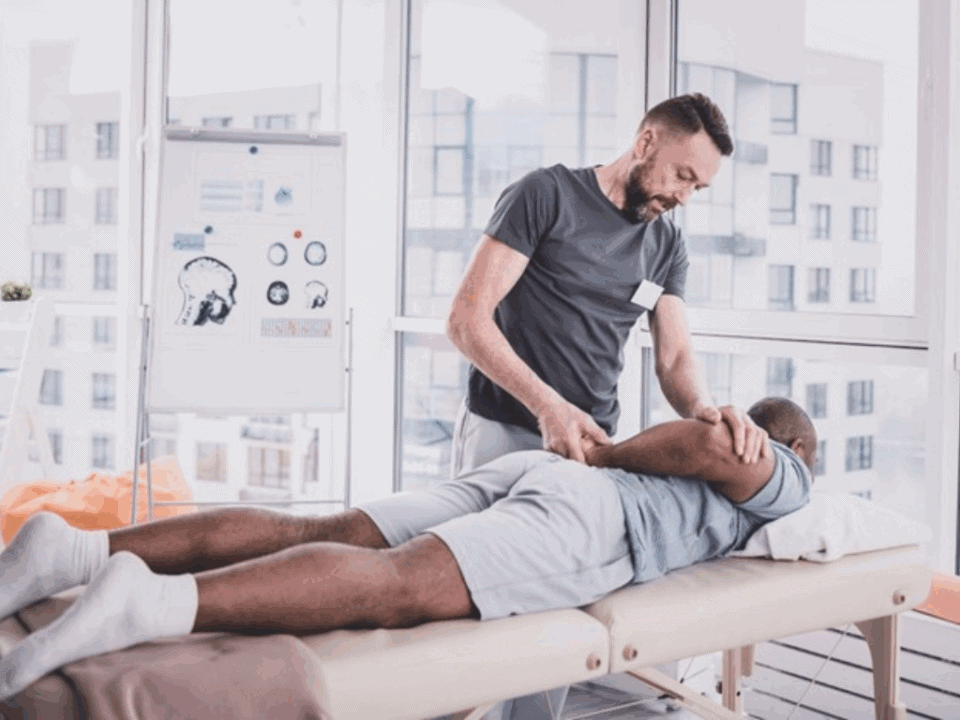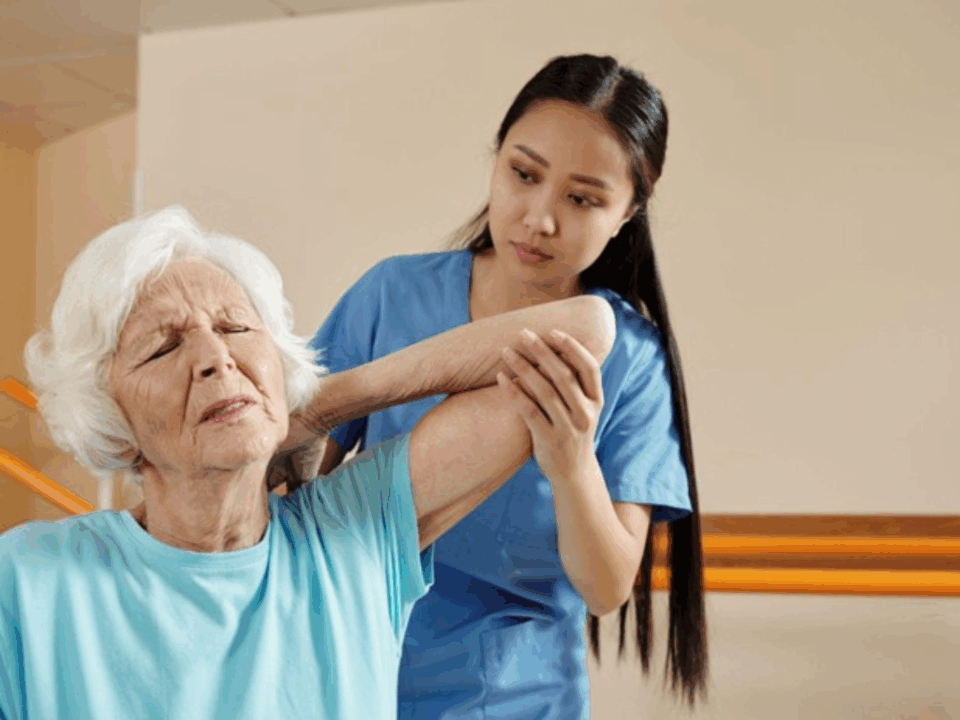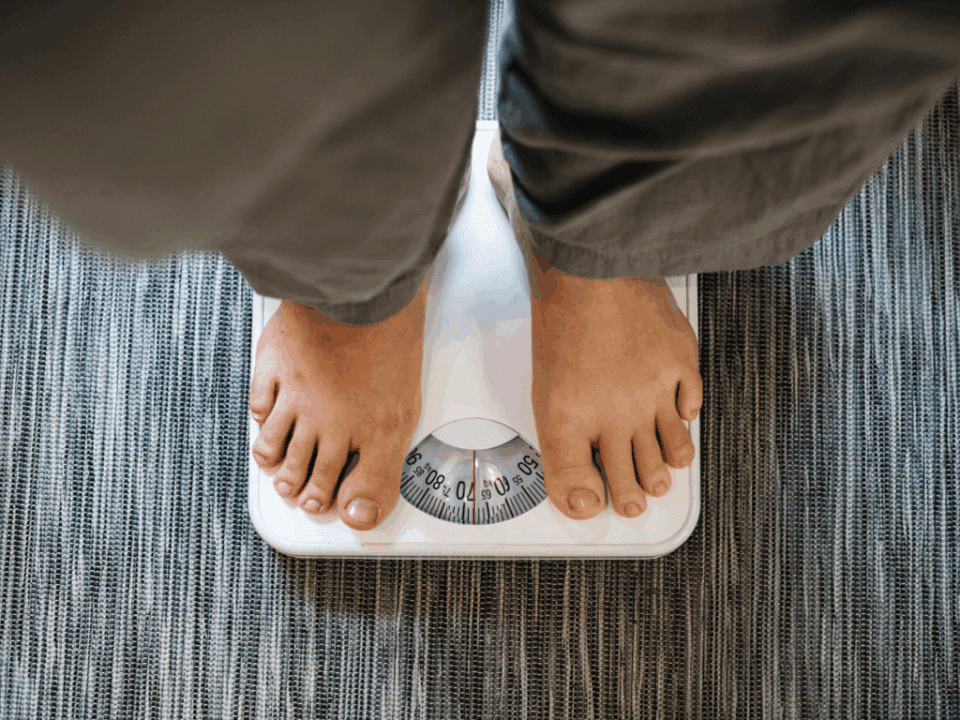
The Connection Between Hormonal Imbalances and Stubborn Weight
October 24, 2025
Recognizing When Conservative Pain Care Is No Longer Enough and What to Do Next
January 9, 2026What may begin as a mild tingling in your feet or hands can slowly turn into burning pain, weakness, or a loss of balance that complicates even the simplest daily tasks. You may have been told that neuropathy is something you simply have to “manage” with medication.
Still, modern physical medicine takes a different approach, one that focuses on uncovering the cause of your nerve damage and helping you work toward real, long-term relief.
Understanding What Neuropathy Really Means
Neuropathy refers to damage within your peripheral nervous system, which is the part of your body responsible for touch, movement, and essential bodily functions. When these nerves are damaged, they can no longer transmit signals accurately, leading to sensory changes, weakness, or pain.
This damage is commonly linked to diabetes, inflammation, injuries, vitamin deficiencies, or chronic compression issues affecting spinal nerves.
Why Neuropathy Often Begins Subtly and Its Symptoms
It usually develops slowly, which is why many people overlook the earliest symptoms. Your symptoms depend on the type of nerve affected, and they often appear gradually before worsening over time.
Sensory Nerve Disruption
This includes the “pins and needles” sensation (paresthesia) but can evolve into more severe symptoms. You might experience sharp, jabbing, or burning pain, often worse at night. A critical warning sign is numbness or a loss of sensation.
This diminishes your ability to sense temperature, increasing burn risk, or to feel the ground beneath you, which directly leads to significant balance problems.
Motor Nerve Impairment
When motor nerves are affected, the primary symptom is muscle weakness. This can appear as a weakened grip, making it difficult to hold a coffee cup or button a shirt. In the legs, it may cause “foot drop,” a condition in which you cannot lift the front part of your foot, leading your toes to drag while walking. This weakness and lack of coordination are primary causes of falls.
Autonomic Nerve Damage
This is an often-overlooked “advanced” symptom. These nerves control your body’s involuntary functions. Damage here can lead to dizziness or lightheadedness upon standing (from a drop in blood pressure), digestive issues, or abnormal sweating patterns.
A Modern Approach That Focuses on Restoring Nerve Health
Today, physical medicine offers an advanced, integrative framework designed to address the source of your neuropathy, not just the symptoms. This allows you to pursue long-term improvement rather than temporary relief.
A Precise, Root-Cause Diagnosis
Your care should always begin with a detailed evaluation. This includes testing your sensation, balance, mobility, circulation, and nerve function to pinpoint where the damage is occurring and what’s driving it. When you know the cause, whether it’s spinal compression, inflammation, or circulation issues, you can follow a treatment plan built specifically for your needs.
Chiropractic Care for Nerve Decompression
In many cases, neuropathy develops when nerves become compressed or irritated, especially in the spine. Gentle, corrective chiropractic adjustments help improve alignment and relieve pressure from irritated nerve roots. For example, sciatica is a type of neuropathy caused by compression of the sciatic nerve.
When the pressure is reduced, pain, numbness, and tingling can begin to improve because the nerve finally has space to function properly again.
Highly Targeted Physical Therapy
Physical therapy for neuropathy is very specialized. These therapies help re-educate your nerves and muscles while improving blood flow, the foundation for nerve healing. Instead of generic exercises, you receive customized strategies designed to:
- Improve your balance
- Strengthen weak muscle groups.
- Increase circulation to the damaged nerve.
- Restore safe walking patterns.
- Reduce your risk of falls.
Advanced Rehabilitation Techniques
Modern nerve care uses advanced, non-surgical therapies that boost circulation, reduce inflammation, and activate damaged nerve tissue. Non-surgical spinal decompression may also be used to relieve pressure from bulging or degenerative discs.
Together, these treatments create a focused plan to slow and often improve nerve damage so you can regain function and feel more stable and comfortable.
If you’re ready to understand what’s causing your neuropathy and explore treatments designed to help you feel better in neuropathy treatment in Collegedale, TN, schedule your consultation with our experts at Collegedale Physical Medicine today!




